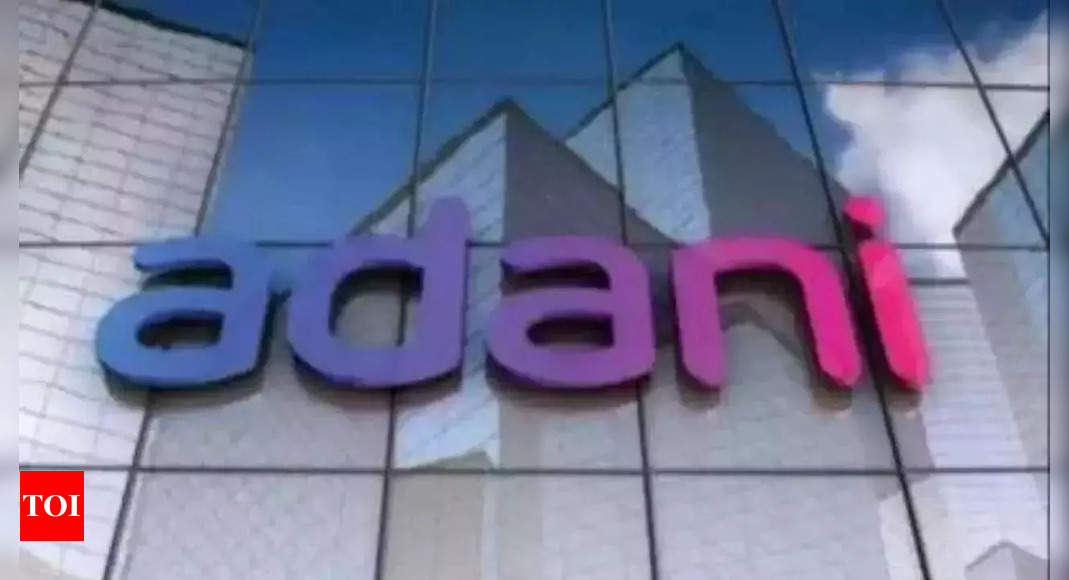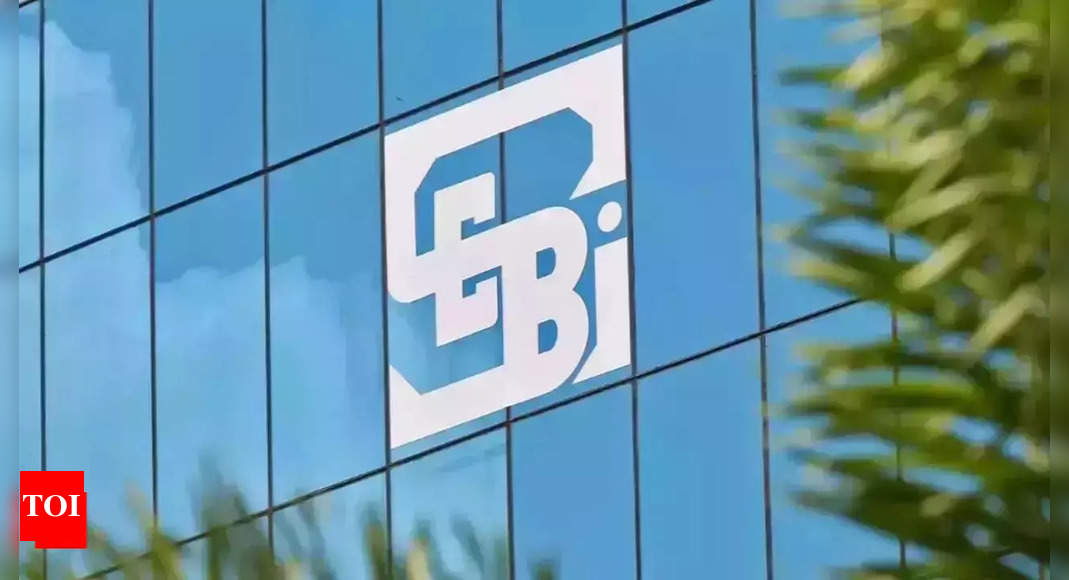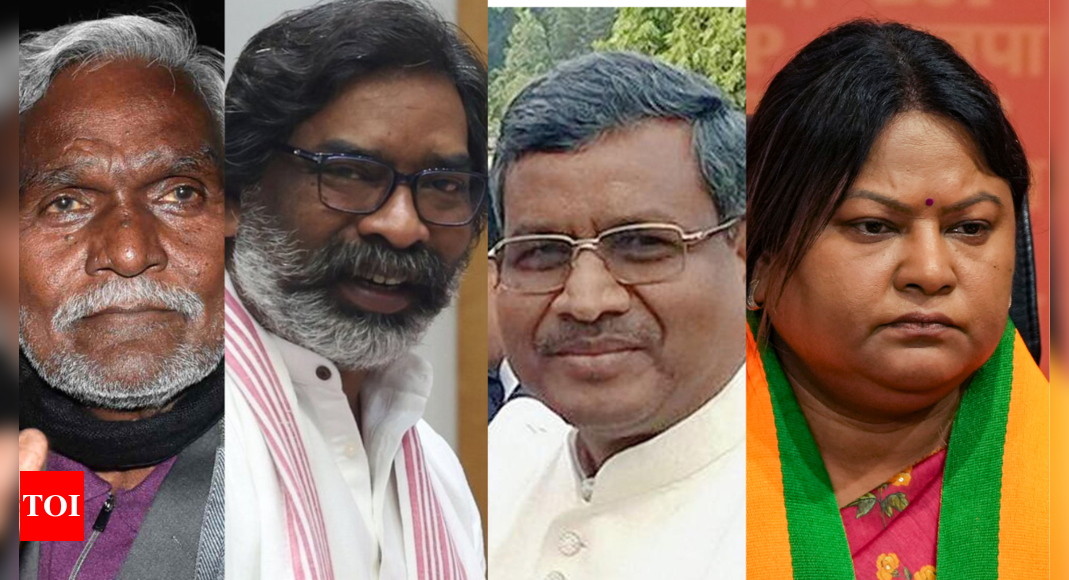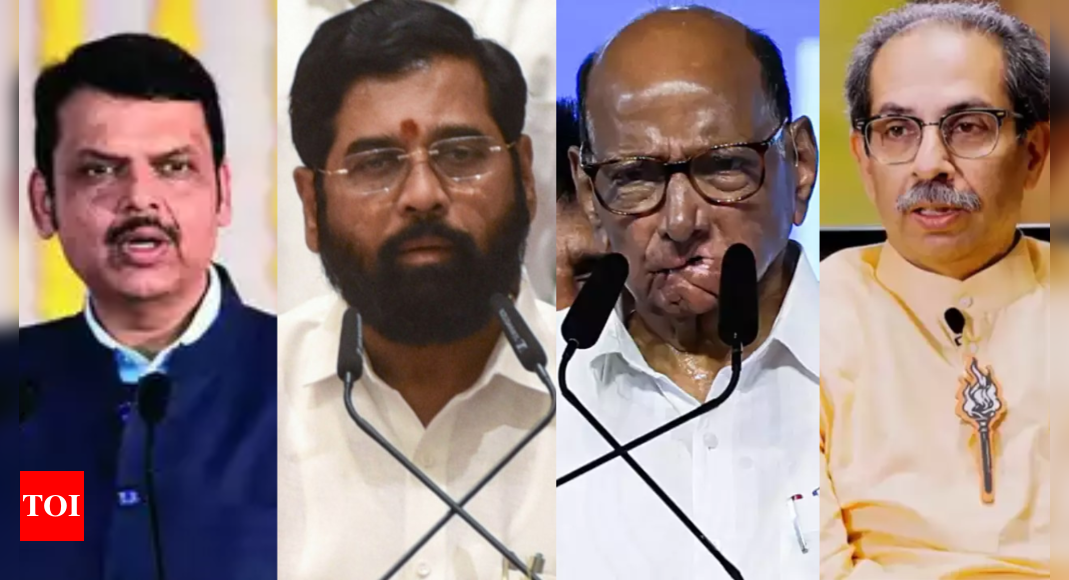
NEW DELHI: Adani group won a bid to supply Maharashtra with 6,600 MW of combined renewable and thermal power, according to the sources aware of the development. The bid was nearly a rupee lower than Maharashtra’s current electricity procurement cost and will help meet the state’s future electricity needs, as stated by two sources directly involved in the matter.
According to sources, Adani Power’s winning bid of Rs 4.08 per unit was lower than the second-lowest bid of Rs 4.36 per unit by JSW Energy and Maharashtra’s average procurement cost of Rs 4.70 per unit last year. The tariff is approximately Re 1 per unit lower than the Maharashtra Electricity Regulatory Commission (MERC) approved average power purchase cost of Rs 4.97 per kWh (unit) for 2024-25.
A total of four companies participated in the tender for the 25-year electricity supply contract.
Adani Power will provide solar power at a fixed rate of Rs 2.70 per unit throughout the entire supply period, while the cost of coal-generated power will be linked to coal prices, as per the bid conditions. The power supply is set to commence 48 months after the letter of intent is awarded.
In March, Maharashtra State Electricity Distribution Company (MSEDCL) issued a unique tender seeking 5,000 MW of solar-generated electricity and 1,600 MW of coal-generated power. The tender was released just before the model code of conduct for the Lok Sabha elections came into effect, and Adani was awarded the contract prior to the announcement of the state assembly elections.
The tender aimed to combine solar power with thermal electricity to meet peak energy demand and supply power during non-solar hours, such as night hours or monsoon/winter months. It assigned equal energy weightage to electricity generated from renewable sources and coal. Bidders were required to provide a unified tariff for the supply of 6,600 MW of electricity, with 5,000 MW from solar and 1,600 MW from thermal sources.
According to sources, the bundled procurement is aimed at meeting the projected peak demand of 35,573 MW in 2028-29 and 39,884 MW in 2032-32, against MSEDCL’s current contracted capacity of 27,877 MW. The tender was designed to obtain equal energy weightage for solar and thermal components, with 5,000 MW of solar power equaling 1,600 MW of thermal electricity in terms of capacity utilisation factor (CUF), resulting in a thermal to renewable power ratio of 1:3.
This combination ensures that thermal power meets the base load while cheaper solar electricity is available to the grid, driving efficiencies of scale. Sources mentioned that Adani will receive a fixed price for renewable energy for 25 years, while there is an escalation price for electricity produced from coal, which is more or less balanced out after accounting for 1.5-2 per cent depreciation.
Maharashtra is required to meet 32 per cent of its power demand from solar sources by 2028 under the Renewable Purchase Obligation (RPO). Currently, only 12 per cent of the state’s power demand is met by solar, and the procurement of 5,000 MW of solar power will help in filling that requirement.
Adani Power, India’s largest private-sector thermal power generator, has a generation capacity exceeding 17 GW, which is expected to rise to 31 GW by 2030. Its sister company, Adani Green Energy Ltd, is the country’s largest renewable energy company with a generation capacity of 11 GW, set to expand to 50 GW by 2030.
According to sources, Adani Power’s winning bid of Rs 4.08 per unit was lower than the second-lowest bid of Rs 4.36 per unit by JSW Energy and Maharashtra’s average procurement cost of Rs 4.70 per unit last year. The tariff is approximately Re 1 per unit lower than the Maharashtra Electricity Regulatory Commission (MERC) approved average power purchase cost of Rs 4.97 per kWh (unit) for 2024-25.
A total of four companies participated in the tender for the 25-year electricity supply contract.
Adani Power will provide solar power at a fixed rate of Rs 2.70 per unit throughout the entire supply period, while the cost of coal-generated power will be linked to coal prices, as per the bid conditions. The power supply is set to commence 48 months after the letter of intent is awarded.
In March, Maharashtra State Electricity Distribution Company (MSEDCL) issued a unique tender seeking 5,000 MW of solar-generated electricity and 1,600 MW of coal-generated power. The tender was released just before the model code of conduct for the Lok Sabha elections came into effect, and Adani was awarded the contract prior to the announcement of the state assembly elections.
The tender aimed to combine solar power with thermal electricity to meet peak energy demand and supply power during non-solar hours, such as night hours or monsoon/winter months. It assigned equal energy weightage to electricity generated from renewable sources and coal. Bidders were required to provide a unified tariff for the supply of 6,600 MW of electricity, with 5,000 MW from solar and 1,600 MW from thermal sources.
According to sources, the bundled procurement is aimed at meeting the projected peak demand of 35,573 MW in 2028-29 and 39,884 MW in 2032-32, against MSEDCL’s current contracted capacity of 27,877 MW. The tender was designed to obtain equal energy weightage for solar and thermal components, with 5,000 MW of solar power equaling 1,600 MW of thermal electricity in terms of capacity utilisation factor (CUF), resulting in a thermal to renewable power ratio of 1:3.
This combination ensures that thermal power meets the base load while cheaper solar electricity is available to the grid, driving efficiencies of scale. Sources mentioned that Adani will receive a fixed price for renewable energy for 25 years, while there is an escalation price for electricity produced from coal, which is more or less balanced out after accounting for 1.5-2 per cent depreciation.
Maharashtra is required to meet 32 per cent of its power demand from solar sources by 2028 under the Renewable Purchase Obligation (RPO). Currently, only 12 per cent of the state’s power demand is met by solar, and the procurement of 5,000 MW of solar power will help in filling that requirement.
Adani Power, India’s largest private-sector thermal power generator, has a generation capacity exceeding 17 GW, which is expected to rise to 31 GW by 2030. Its sister company, Adani Green Energy Ltd, is the country’s largest renewable energy company with a generation capacity of 11 GW, set to expand to 50 GW by 2030.








